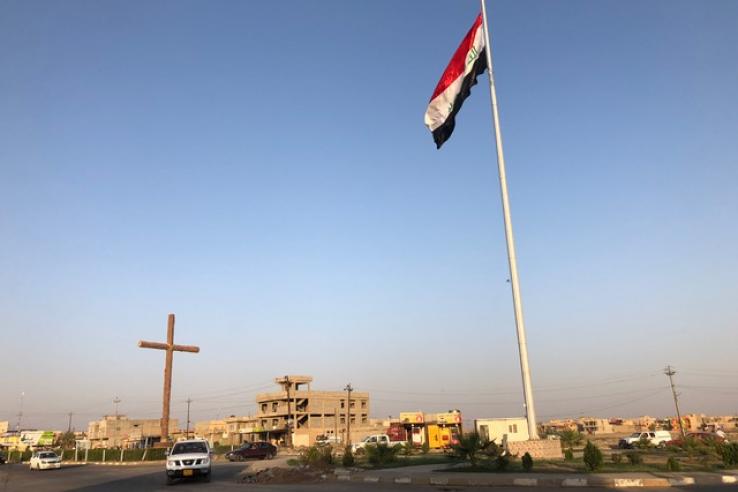Social Contact in Divided Societies: Emerging Insights and Implications for Practice
Partners:

Please join Innovations for Poverty Action’s (IPA) Peace & Recovery Program and J-PAL’s Crime and Violence Initiative and Governance Initiative for the first webinar in a series focused on showcasing emerging results and policy lessons from the first three years of J-PAL and IPA’s Governance, Crime, and Conflict Initiative (GCCI). This first event in the GCCI webinar series will explore if social contact between groups can reduce discrimination and prejudice.
In 2017, with support from the UK’s Foreign, Commonwealth & Development Office (formerly the Department for International Development), J-PAL and IPA jointly launched GCCI with the aim of increasing our understanding of effective policies to promote peace and good governance, reducing crime, and supporting individuals and communities recovering from conflict.
Can contact between groups reduce discrimination and prejudice, and build social cohesion? Rebuilding social ties in divided societies is a core aim of much peacebuilding and development programming. One such type of programming—social contact—has built on decades of social psychology research on prejudice reduction, which suggests that contact between divided groups can effectively contribute to prejudice reduction and social integration.
This webinar will share emerging insights from two studies funded by GCCI, in India and Iraq, which taken together add color to the ways in which contact may reduce prejudice, and the ways it may not. Danjuma Dawop, from Mercy Corps Iraq, will discuss the implications of this new research for programming and practice, particularly in conflict-affected contexts. A 10-minute audience Q&A will follow the presentations.
Speakers
Betsy Levy-Paluck, Panelist
Betsy Levy-Paluck is a professor of psychology and public affairs at Princeton University and deputy director of the Kahneman-Treisman Center for Behavioral Science & Policy. She will provide an introduction to the social contact literature, framing the contribution of the two studies.
Salma Mousa, Panelist
Salma Mousa is a research fellow at Stanford University and will present her work on The Impact of Inter-Religious Soccer Leagues on Social Cohesion in Post-ISIS Iraq.
Matt Lowe, Panelist
Matt Lowe is an assistant professor of economics at the University of British Columbia and will share insights from his recent study in India, Types of Contact: A Field Experiment on Collaborative and Adversarial Caste Integration.
Danjuma Dawop, Panelist
Danjuma Dawop is the head of Conflict Management and Social Cohesion at Mercy Corps Iraq, and will speak to how these results can be interpreted and applied in practice.
Nessa Kenny, Moderator
Nessa Kenny is a program coordinator for the Peace & Recovery Program at Innovations for Poverty Action.
